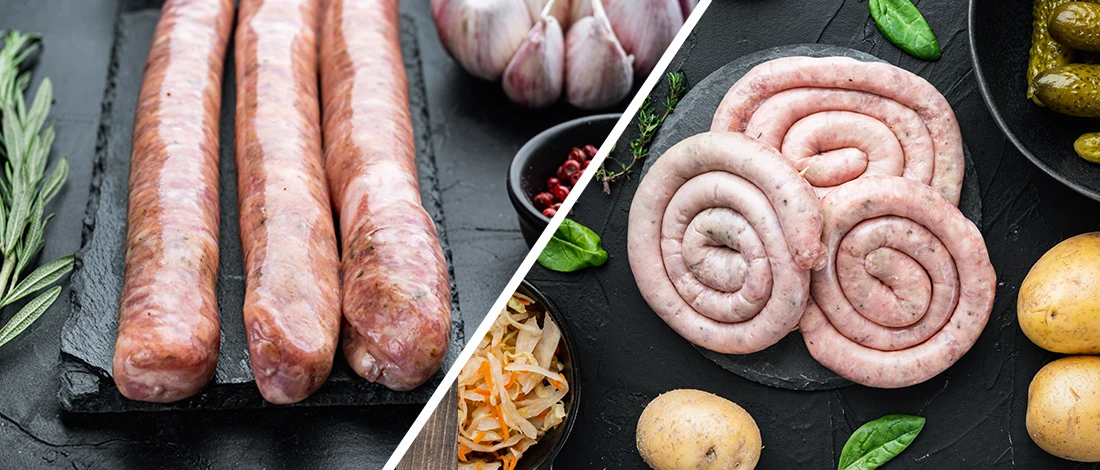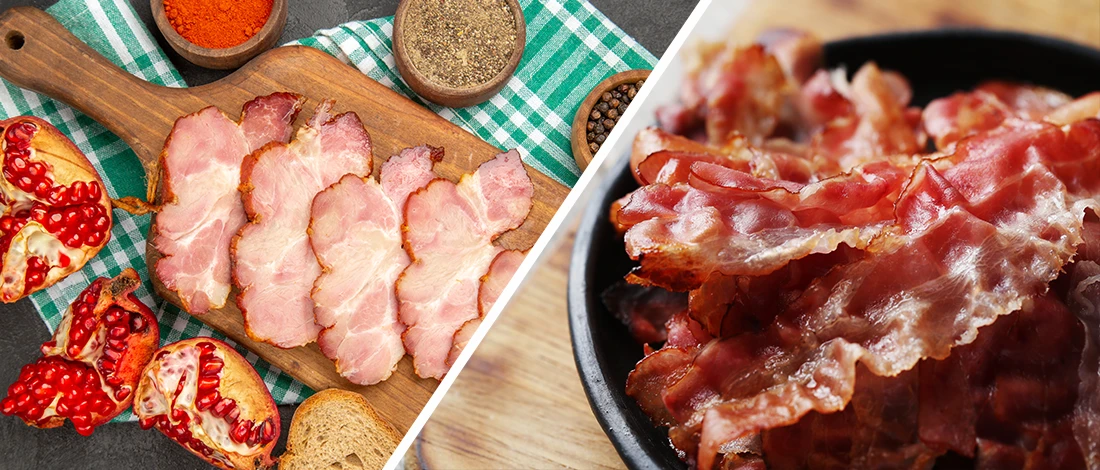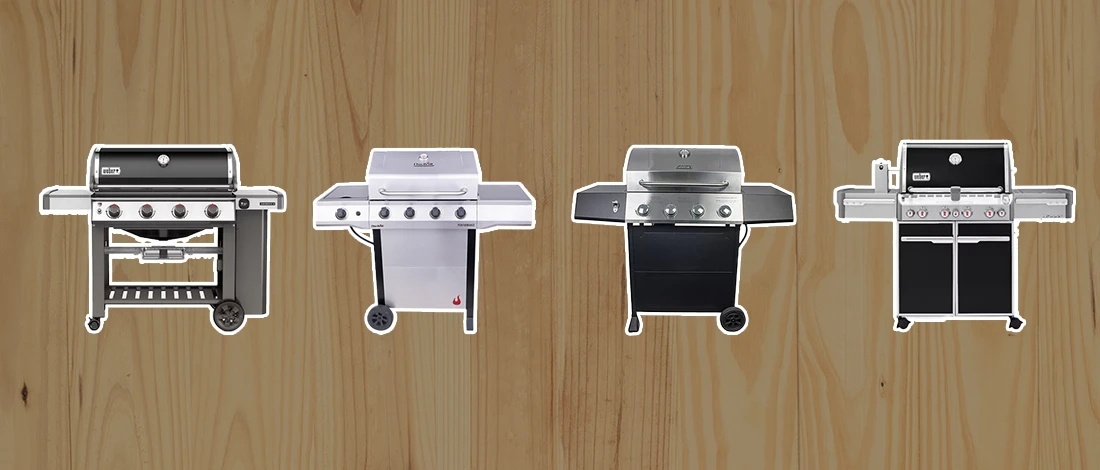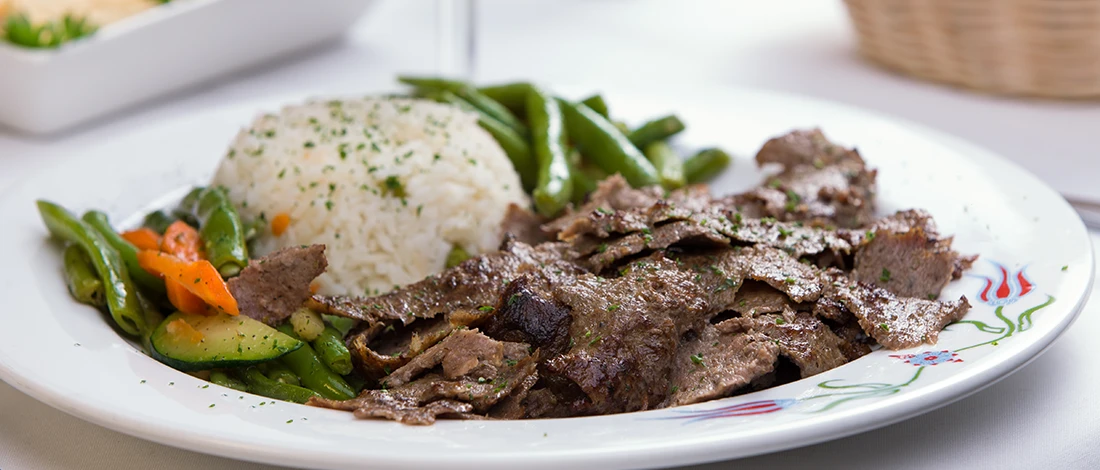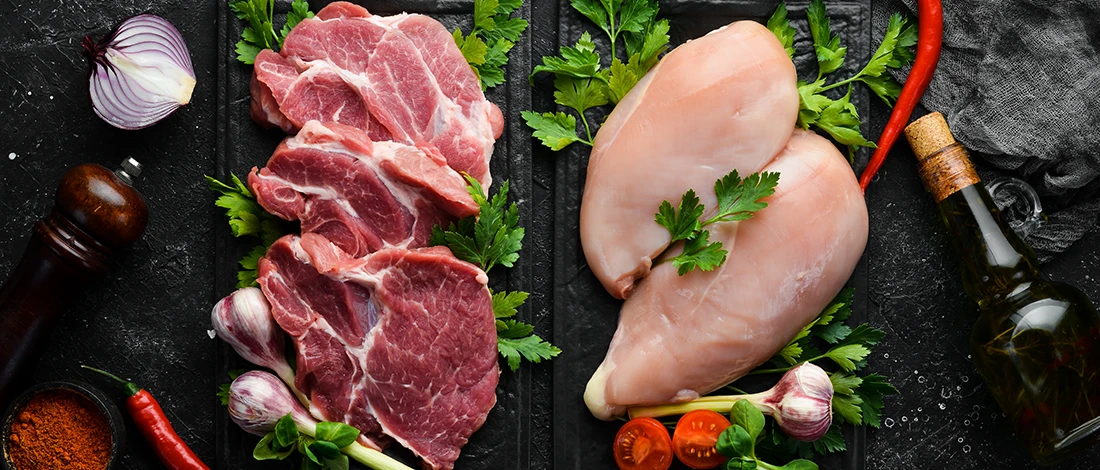Charcoal grills are the smell of summer and nostalgic memories. It also adds that smoky flavor, like a touch of bacon essence.
Gas grills, however, often seem cleaner and easier to use. But does the type of grill you use impact your health or the environment? We have gone to the experts to find out.
Scientific studies have shown that meat cooked with gas is healthier for our consumption.
A gas grill is also more environmentally friendly than charcoal, releasing less carbon dioxide. However, cooking on higher heat, regardless of method, has been shown to be detrimental to people’s health.
It's why everyone must consider following healthy grilling tips to avoid them, such as avoiding cigarette smoke while grilling.
Quick Summary
- Gas grills are healthier and more environmentally friendly than charcoal grills, producing fewer carcinogens and less carbon dioxide.
- Charcoal grills can create more flavorful food but are messier and require more effort to manage heat levels.
- Regardless of grill type, reducing carcinogens can be achieved by marinating meats, trimming excess fat, avoiding direct flame contact, and not consuming charred parts.
Is Gas Grilling Healthier Than Charcoal?
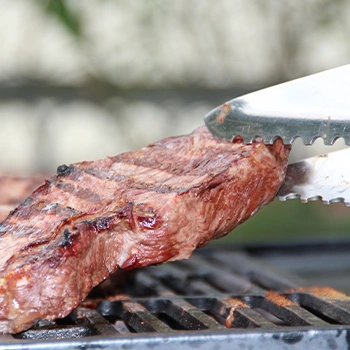
The gas grill has been shown to have fewer polycyclic aromatic hydrocarbon (PAH) carcinogens, which are thought to increase the risk of certain cancers.
As one study stated, “The meta-analysis results showed that charcoal-cooked meat contains significantly more PAHs than gas-cooked meat.” [1]
Sadly, what makes charcoal-grilled meat delicious is the bulk of why it is unhealthier.
The PHAs are a carcinogen, and much of it is created when the fat from meat drips onto the charcoal and infuses with the smoke as it burns.
This PHA-filled smoke rises and coats the meat in its fabulous smoke flavor.
The other problem with charcoal grills is that it burns hotter than your typical gas grill. When meat burns (chars), it makes heterocyclic amines (HCAs), also classified as carcinogens.
This doesn’t mean cooking with gas is PAH and HCA-free. Gas grilling just has reduced amounts of PAHs and HCAs than charcoal-grilled food.
Cancer associations worldwide, such as the National Cancer Institute, warn people about the potential health risks when cooking meat at high temperatures, regardless of the method [2,3].
The most significant danger is cooking over 300 F (150 C) for a long time.
More positively, research is being done into marinating meats before cooking. They are showing signs that marinating helps inhibit HCA formation. Using various herbs and spices in marinades is encouraged.
However, the top ingredients thus far appear to be rosemary and the natural acids in vinegar and lemon juice [4].
6 Tips To Reduce Carcinogens When Grilling

Regardless of which way you choose to grill, there are some things you can do to reduce the number of carcinogens in your food:
- Marinating meats before cooking
- Trim excess fat before cooking
- Keep meat from direct contact with the open flame
- Flip meat continuously while cooking [5]
- Do not consume charred bis of meat or use it in other dishes such as gravy
- Precook meat in the microwave and only use the grill or pan at the end for flavor
Is Gas Greener than Charcoal Grilling?

The gas grill is considered the more environmentally friendly. While charcoal is made from natural byproducts of plants and animals, it produces more carbon monoxide and dioxide emissions than gas.
This is because charcoal is, at its essence, carbon, and now that carbon is being lit on fire [6].
However, a lot of charcoal is coated with other chemicals to make it ignite faster. These are often sold as self-ignite briquettes.
So if you are using a charcoal-based grill, check that it is naturally made charcoal and not something with many other unsavory chemicals to avoid higher levels of polycyclic aromatic hydrocarbons.
Lastly, grilling isn’t the primary source of a household’s damaging ecological punch despite its evident environmental impact.
Appliances, such as your fridge, are the worst offenders, and, in the case of the refrigerator, it is especially harmful when tossed out [7, 8].
Thus, while it is good to be mindful of the environment, some other issues may be worth considering when deciding between gas and charcoal.
Gas Vs. Charcoal Grills

The gas grill is the winner when it comes to health and the environment. However, there are a few other points that you may wish to consider.
Flavor: Gas Vs. Charcoal
Charcoal wins this one with ease. If you miss the taste the smoke provides yet are concerned about the health impact, consider using the above suggestion of precooking the meat in the microwave and then putting it on the charcoal grill only at the very end.
Fuel Costs: Gas Vs. Charcoal
Charcoal is usually cheaper than propane or natural gas. However, some fancy pellets and chips out there can increase the cost of charcoal grilling.
Read More: Can You Use Charcoal in a Gas Grill?
Clean-Up: Gas Vs. Charcoal
Gas is much less messy to cook with than a charcoal grill. Also, you have to wait for the coals to cool before you can clean the bulk of it.
Where gas, once you shut it off, the entire thing cools quickly and just needs a quick brush.
Out Of The Box Functionality: Gas Vs. Charcoal
Charcoal grills can easily be put together and in use with ease. Gas grills, however, are finicky to set up, and hooking up the tank can be quite the mission, especially if it is your first time with the machine.
Versatility And Convince: Gas Vs. Charcoal Grilling
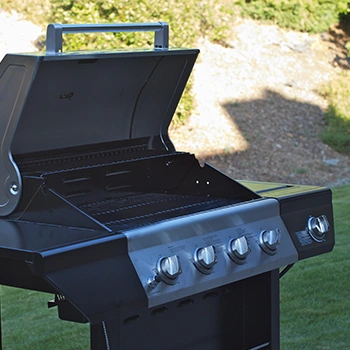
Gas grills have many features, and you can choose a cooking temperature control that will remain there.
They are also easier to cook non-meat foods, such as vegetables and fish.
Charcoal requires constant monitoring and tinkering; even then, a flare-up will cause unintended char.
It can dry out fish in a blink and obliterate veggies if not handled just right.
That said, a charcoal-based grill can also function as a smoker.
Whereas if you own a gas grill, you’ll have to buy a smoker separately. But this isn't an issue if you don’t smoke foods.
Related: Are Pellet Grills Safe?
References:
- https://www.ncbi.nlm.nih.gov/pmc/articles/PMC7203328/
- https://www.cancer.gov/about-cancer/causes-prevention/risk/diet/cooked-meats-fact-sheet
- https://www.cansa.org.za/files/2017/04/Fact-Sheet-Dangers-Meats-Cooked-at-High-Temperatures-April-2017.pdf
- https://pubmed.ncbi.nlm.nih.gov/19241593/
- https://pubmed.ncbi.nlm.nih.gov/15971410/
- https://www.sciencedirect.com/topics/chemical-engineering/charcoal
- https://www.greenlogic.com/post/the-top-5-biggest-users-of-electricity-in-your-home
- https://www.bbc.com/future/article/20201204-climate-change-how-chemicals-in-your-fridge-warm-the-planet

